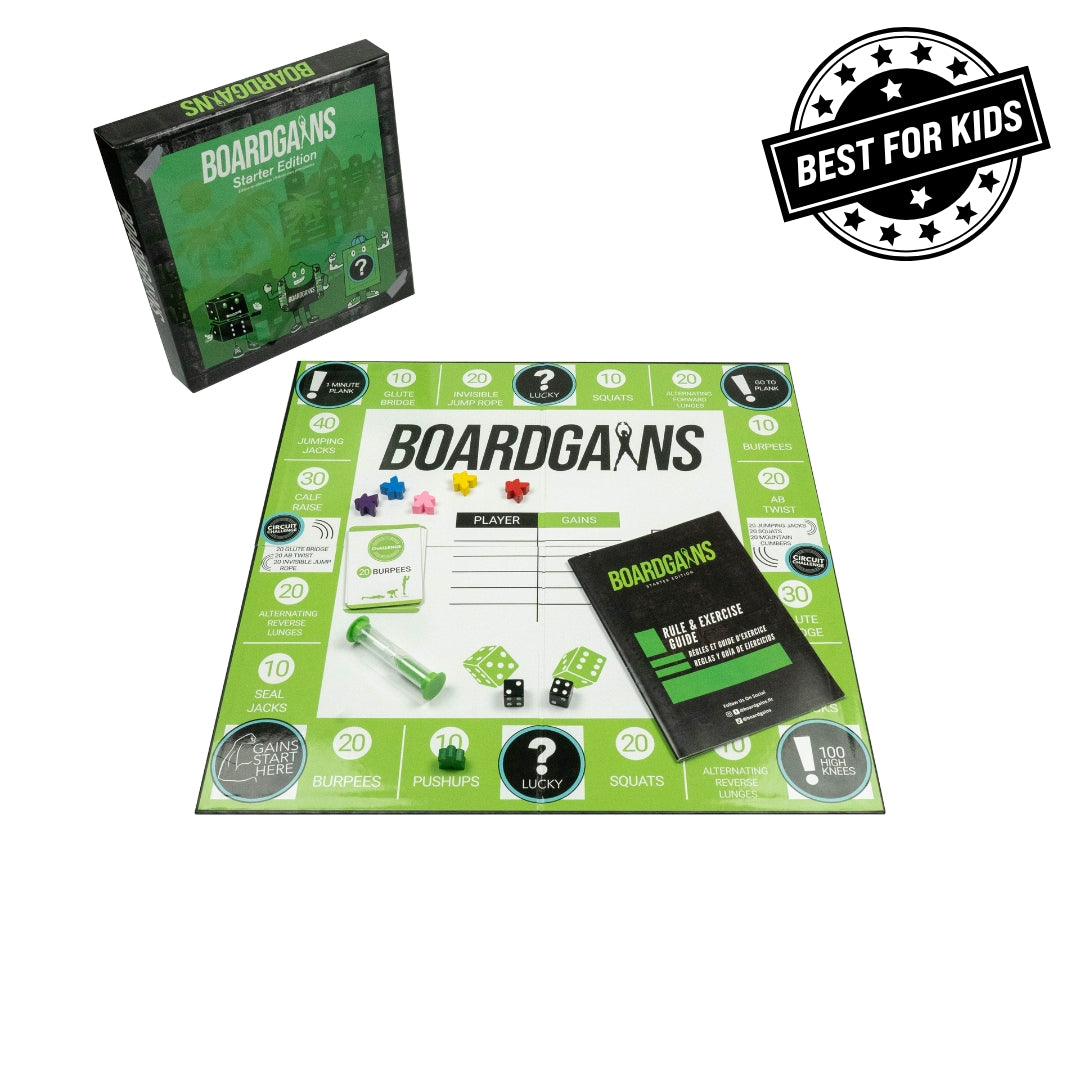Summer is a time for sunny days, outdoor activities, and delicious food. While it's tempting to indulge in ice cream and barbecue parties, it's important to prioritize healthy eating for overall well-being. A balanced diet during summer can help you stay energized, hydrated, and nourished. In this article, we will explore some effective and easy healthy eating hacks that will make your summer both enjoyable and nutritious.
Plan Your Meals
One of the key strategies for maintaining a healthy diet during summer is to plan your meals in advance. By doing so, you can ensure that you have a well-balanced and nutritious selection of food throughout the week.
Creating a meal plan allows you to make thoughtful choices and avoid impulsive eating. Include a variety of fruits and vegetables in your plan, as they provide essential vitamins, minerals, and antioxidants. Try incorporating different colors to ensure a diverse range of nutrients in your diet.
When planning your meals, opt for lean protein sources such as grilled chicken, fish, or tofu. These protein-rich options will help you feel satisfied and support muscle growth and repair.
Stay Hydrated
Staying hydrated is crucial, especially during the hot summer months. Drinking plenty of water helps maintain your body's fluid balance and aids in digestion, metabolism, and temperature regulation.
Make it a habit to carry a water bottle with you wherever you go. Sip on water throughout the day to stay hydrated. If you find plain water boring, infuse it with fruits like citrus slices or berries to add a hint of flavor.
In addition to water, include hydrating foods in your diet. Watermelon, cucumbers, strawberries, and oranges are excellent choices as they have high water content. These foods not only hydrate you but also provide essential vitamins and minerals.
Make Smart Snack Choices
Snacking is a common indulgence during summer, but it doesn't have to be unhealthy. By making smart snack choices, you can satisfy your cravings while nourishing your body.
Opt for nutrient-dense snacks like nuts, seeds, Greek yogurt, or hummus with vegetable sticks. These snacks provide a good balance of healthy fats, protein, and fiber, keeping you satiated and energized.
Instead of reaching for processed snacks, try making homemade snacks. You can prepare delicious and nutritious options like homemade granola bars, fruit salads, or yogurt parfaits. Not only will these snacks be free from artificial additives, but they will also be customizable according to your taste preferences.
Embrace Seasonal Foods
Summer is the perfect time to explore the abundance of seasonal fruits and vegetables. Visit your local farmers' markets or grocery stores to discover a wide array of fresh produce.
Incorporating seasonal foods into your meals not only adds variety but also ensures that you're consuming fruits and vegetables at their peak in terms of flavor and nutritional value. Some popular summer produce includes berries, tomatoes, zucchini, corn, and melons.
Experiment with different recipes and try incorporating these fresh ingredients into salads, smoothies, grilled dishes, or even refreshing popsicles. The possibilities are endless, and you'll be pleasantly surprised by the vibrant flavors.
Cook Light and Fresh
During summer, opt for cooking methods that preserve the natural nutrients and flavors of the ingredients. Grilling, steaming, sautéing, or even enjoying raw dishes can be excellent choices.
Avoid heavy frying or excessive use of oil, as it can add unnecessary calories and diminish the nutritional value of the food. Instead, focus on enhancing the taste with fresh herbs, spices, and citrus flavors.
Herbs like basil, mint, cilantro, and dill can bring a burst of freshness to your dishes. Experiment with different spice blends to add depth and complexity to your meals. Lemon or lime juice can be used as a natural and tangy alternative to dressings and marinades.
Be Mindful of Portion Sizes
Practicing portion control is essential for maintaining a healthy diet during summer. It's easy to get carried away with large servings, especially when dining out or attending social gatherings.
Pay attention to your body's hunger and fullness cues. Eat slowly and savor each bite, allowing your brain to register when you're satisfied. Avoid mindless snacking or overeating out of boredom or emotions.
Using smaller plates and bowls can visually trick your mind into feeling satisfied with smaller portions. Focus on quality rather than quantity, choosing nutrient-dense foods that provide maximum nourishment with fewer calories.
Prioritize Balanced Nutrition
Aim for a well-rounded diet that includes all essential nutrients. Your meals should encompass a variety of food groups to ensure you're getting a balanced intake of carbohydrates, proteins, healthy fats, vitamins, and minerals.
Include whole grains like quinoa, brown rice, or whole wheat bread in your meals to provide a steady release of energy. Incorporate lean proteins like chicken, fish, eggs, or legumes to support muscle growth and repair.
Don't forget about healthy fats found in foods like avocados, nuts, seeds, and olive oil. These fats are crucial for brain function, hormone production, and overall health.
While it's okay to indulge occasionally, it's important to avoid excessive intake of processed foods, sugary drinks, and desserts. These foods provide empty calories and can lead to energy crashes and weight gain.
Practice Mindful Eating
Summer is a time to relax and enjoy your meals. Practice mindful eating by paying full attention to the food you consume and the sensations it provides.
Slow down the pace of your meals, savoring each bite and fully experiencing the flavors and textures. Put away distractions like phones or TVs and create a calm and peaceful eating environment.
Listen to your body's signals of hunger and fullness. Eat when you're genuinely hungry and stop when you feel comfortably satisfied. This mindful approach to eating promotes better digestion, improved satisfaction, and a healthier relationship with food.
By being present in the moment and focusing on the enjoyment of your meals, you'll likely find that you naturally make healthier choices and eat in a way that supports your overall well-being.
Conclusion
Maintaining a healthy diet during the summer doesn't have to be complicated or restrictive. By implementing these healthy eating hacks, you can enjoy a nourished and vibrant summer season.
Plan your meals ahead of time, incorporating a variety of fruits, vegetables, and lean proteins. Stay hydrated by drinking plenty of water and including hydrating foods in your diet. Make smart snack choices and opt for homemade options whenever possible. Embrace the abundance of seasonal foods and experiment with light and fresh cooking methods.
Be mindful of portion sizes, prioritize balanced nutrition, and practice mindful eating to truly savor and appreciate your meals. Remember, it's about nourishing your body and enjoying the flavors and experiences that summer brings.
So this summer, make a commitment to healthy eating and feel the positive impact it has on your overall well-being.
FAQs
Q: What are some easy and healthy summer recipes?
A: Some easy and healthy summer recipes include grilled vegetable skewers, watermelon feta salad, quinoa-stuffed bell peppers, and Greek yogurt fruit parfaits. These recipes are refreshing, flavorful, and packed with nutrients.
Q: Can I indulge in treats occasionally during summer?
A: Absolutely! It's important to find a balance between nourishing your body and enjoying occasional treats. Treats can be a part of a healthy lifestyle as long as they are consumed in moderation.
Q: Are there any specific foods to avoid during summer?
A: While there are no specific foods to avoid entirely, it's best to limit the consumption of processed foods, sugary drinks, and high-fat desserts. Opt for fresh, whole foods whenever possible.
Q: How can I stay motivated to eat healthy during summer?
A: Set realistic goals, find healthy recipes that excite you, and involve friends or family in your healthy eating journey. Also, focus on the positive impact that healthy eating has on your energy levels, mood, and overall well-being.
Q: Can I enjoy outdoor dining without compromising on healthy eating?
A: Absolutely! When dining outdoors, choose grilled or roasted options, opt for salads or vegetable-based dishes, and enjoy fresh fruits for dessert. It's all about making mindful choices that align with your health goals.










Leave a comment
This site is protected by hCaptcha and the hCaptcha Privacy Policy and Terms of Service apply.